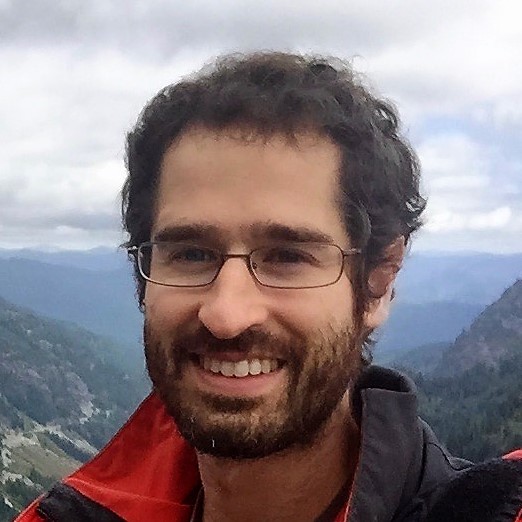My research strives to understand active tectonic processes including earthquakes and volcanism through geodetic measurements and numerical modeling. I use a variety of satellite systems such as Interferometric Synthetic Aperture Radar (InSAR) and Global Positioning Satellites (GPS) to detect and monitor displacements of the Earth’s surface. These measurements then constrain models of physical processes occurring at depth.
Space-based geodesy is entering a new era in which measurements are routine and global. SAR is one type of satellite geodetic system that permits high-resolution mapping of sub-centimeter elevation changes. This systematic observation of the Earth permits studies of earthquakes, volcanic eruptions, and slow-moving landslides with unprecedented detail.
At the eScience Institute, I am working towards an automated regional InSAR processing system with an emphasis on the detection of transient surface deformation in the Pacific Northwest. Such a system will provide valuable maps of changes to the Earth’s surface through time which will help inform assessments of regional natural hazards.
Education:
Ph.D. Geological Sciences, Cornell University (May 2015)
B.A. Physics, Lewis & Clark College (May 2008)
Expertise:
- Python
- Satellite imagery
- Geospatial raster and vector data
- Amazon Web Services, Kubernetes
- Jupyter Notebooks, Pangeo JupyterHubs

